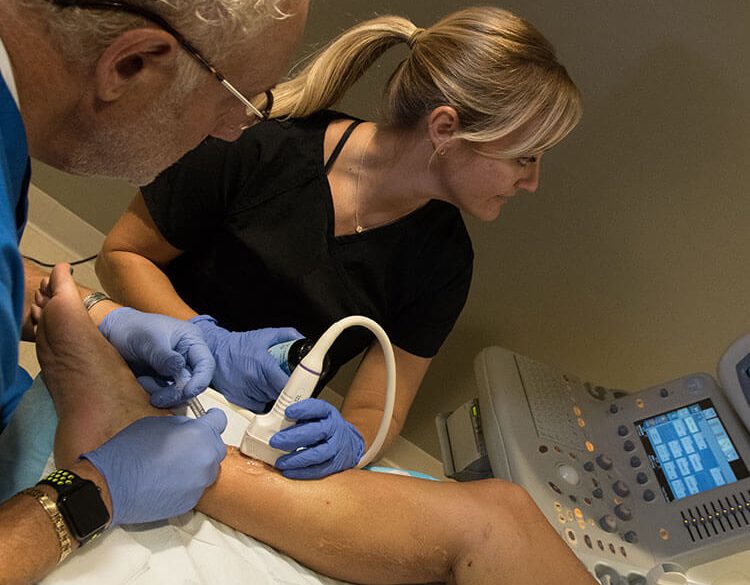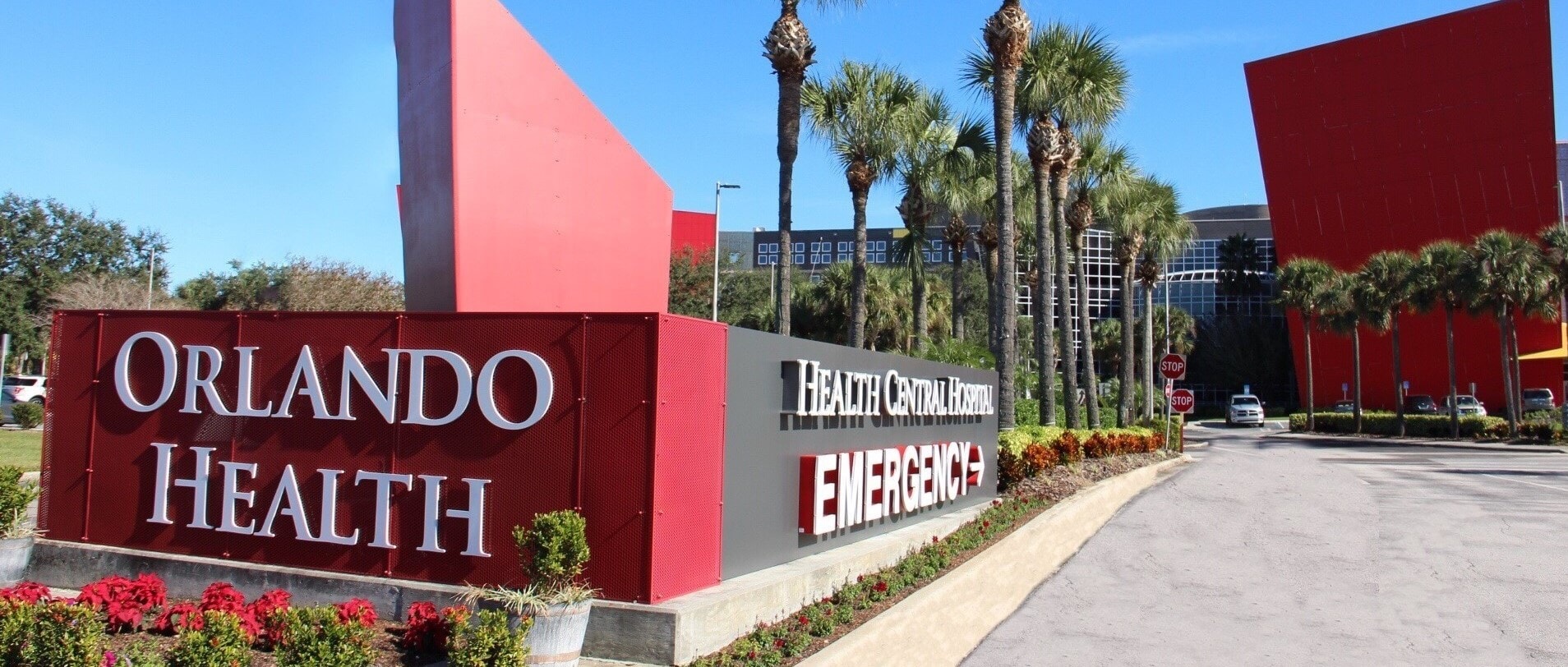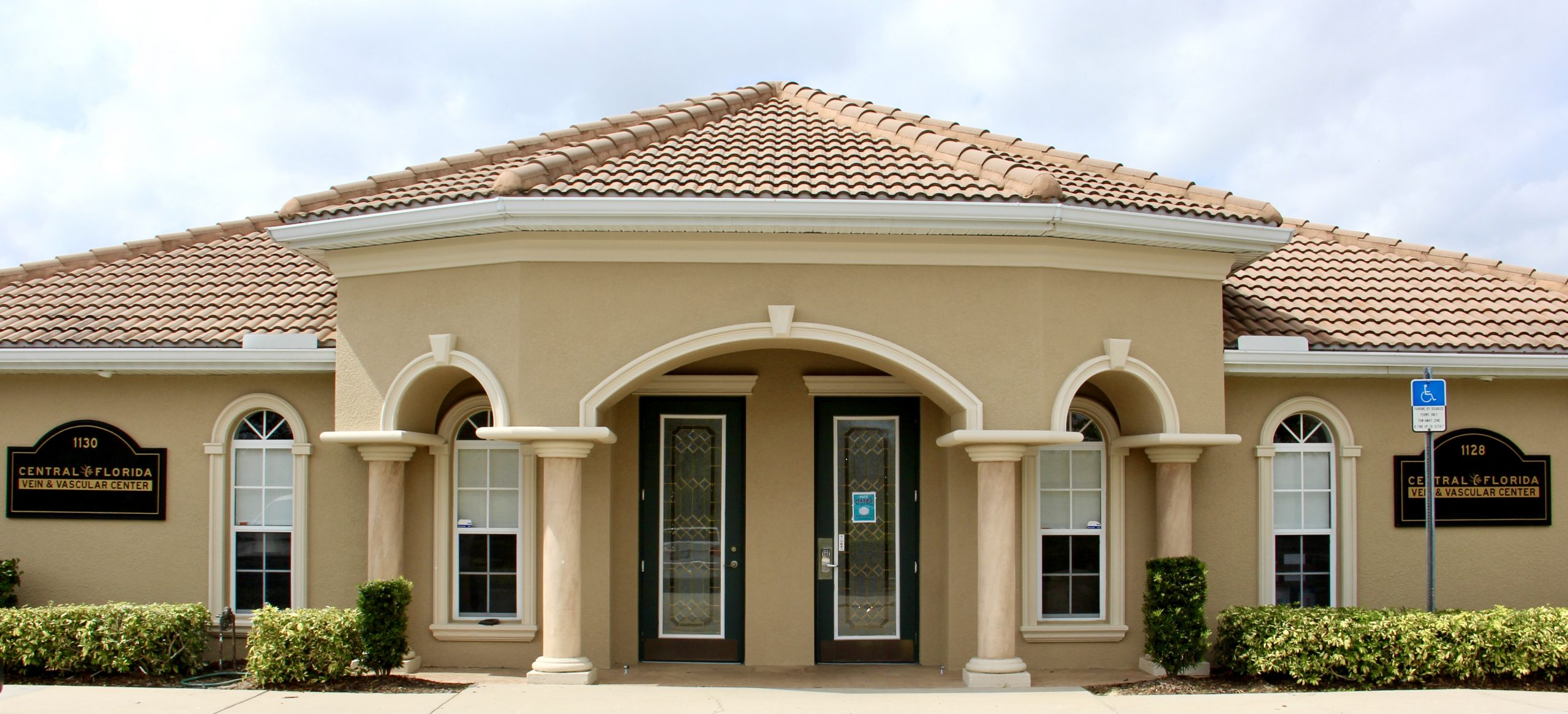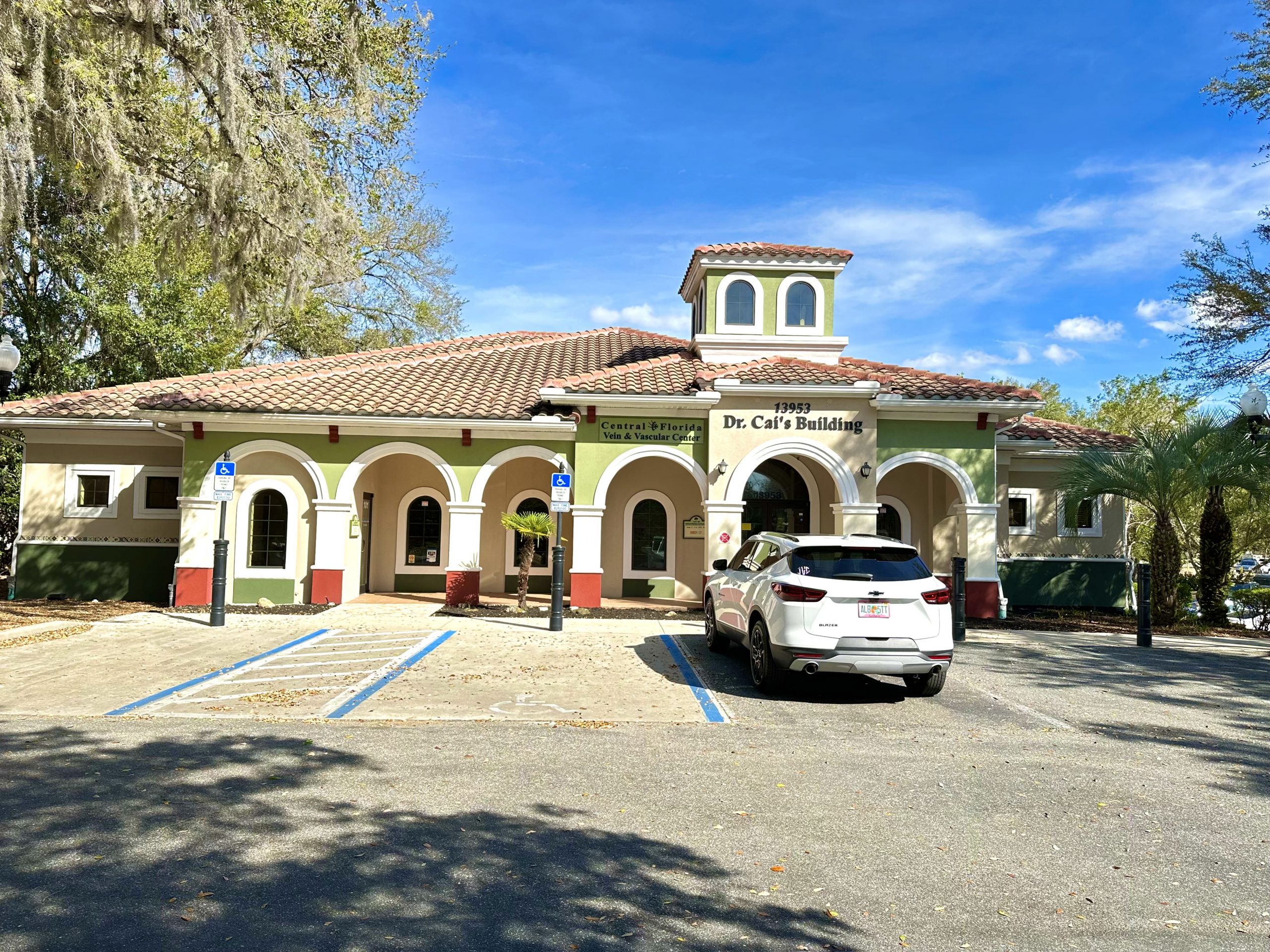Visiting a vein specialist can be nerve-wracking, especially when you don’t know what to expect. If your vein problems don’t seem that bad or aren’t causing you any serious discomfort, it may even sound easier to just deal with it. The best vascular surgeons in Orlando at Central Florida Vein & Vascular Center suggest seeking out a varicose vein diagnosis sooner rather than later. Taking too long to diagnose and treat varicose veins could cause more serious complications later on in life. If you want to be fully prepared for that first appointment with a specialist, here’s what you can expect.
First, remember that venous insufficiency is an incredibly common problem; if you’re self-conscious about the appearance of your veins, know that you’re not alone. According to the Society for Vascular Surgery, varicose veins is found in as many as 35 percent of Americans. As we age, many of us experience the breaking down of vein valves which makes it considerably harder for our veins to effectively push blood upwards, against the flow of gravity. Instead, the blood pools in the lower part of the leg, causing the vein to swell and become visible under the skin. When you first notice the swelling, itching vein, it’s time to see a specialist who will take you through a few steps before giving a diagnosis.
Review Your Medical History
Several factors can affect how likely you are to get varicose veins. For example, a lack of physical activity, hormones, and any weight gain could increase your chances of varicose veins. Even a family history may affect whether you experience venous insufficiency. A review of your medical history can give a specialist a picture of what may be leading to your venous problems, as well as any other health concerns that may affect treatment.
Physical Exam
Your physician will examine your legs and feet for any signs of varicose veins. During their examination, they are usually keeping an eye out for skin tenderness, discoloration, swelling, and ulcers. Because proper blood flow is a major concern with varicose veins, your physician may also request that you move your legs around a bit to check how well your veins are working.
Duplex Ultrasound
A duplex ultrasound uses two ultrasound devices to create a picture of the vein structures, as well as the current blood flow. This allows the specialist to see whether or not there are any blockages in the vein, problems with the vein valves, or if the blood is flowing in the wrong direction.
Triplex Ultrasound
A triplex ultrasound functions very similarly to a duplex ultrasound to view the vein structures and blood flow. The main difference between them is that, unlike duplex ultrasound, triplex ultrasound uses color to allow the specialist to see the current direction of blood flow.
Magnetic Resonance Venography
Magnetic resonance venography utilizes magnets and computers to visualize the current state of the veins. Intravenous dye is injected, which causes the blood vessels to appear opaque on the screen so that the specialist can see the blood vessels. This technology can also help point toward other potential causes of leg pain.
Treatment can’t happen before a diagnosis, and it takes an in-depth look at the current state of your veins to know what treatment option will be most effective. A quality specialist will use the techniques most necessary to diagnose your condition and create a plan that will work best for you. If you’re currently experiencing itchy, painful veins then consider visiting the best vein specialists in Orlando at the Central Florida Vein & Vascular Center. You can reach us at 407-545-3385 or 352-658-5547 to schedule a consultation.
Did we answer your questions? Check out some of our other posts:
Learn More about Symptoms:
- Spontaneous Rupture & Bleeding
- Varicose Vein Symptoms
- Itchy Varicose Veins
- Varicose Veins And Your Skin
- Why Do I Have Varicose Veins Around My Ankles?
- Clots, Ulcers, Bleeding
- Poor Circulation
- Bulging, Rope-like Veins
- Why Varicose Veins Can Cause Ulcers
Learn More About Choosing a Doctor:
- Questions to Ask Your Doctor
- How to Choose the Best Vein Specialist
- The Importance of a Dedicated Venous Center
- Where You Can Find the Best Vascular Physicians in Orlando




